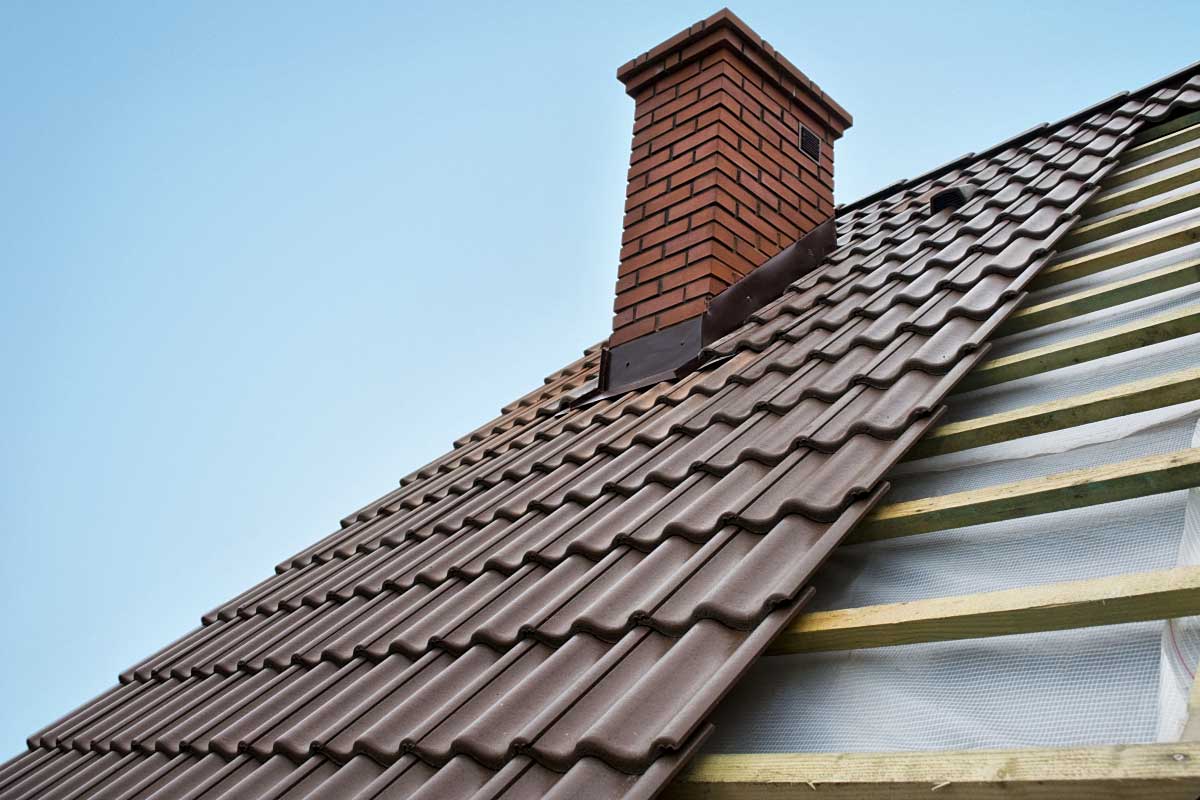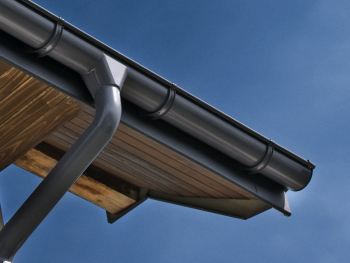Investing in a new roof is a significant decision, and understanding the warranty that comes with your roof is crucial. Roof warranties provide peace of mind, protecting you from unexpected costs and ensuring the longevity of your roofing investment. This detailed guide will help you understand the different types of roof warranties, what they cover, and why they matter.
1. Types of Roof Warranties
Manufacturer's Warranty:
- Material Warranty: Covers defects in roofing materials. If the shingles, tiles, or other materials fail prematurely due to manufacturing defects, this warranty will cover the replacement cost of the defective materials.
- Coverage Duration: Typically ranges from 20 to 50 years, depending on the quality of the materials. Premium products may offer longer warranties.
- Limitations: Does not cover issues arising from improper installation, inadequate maintenance, or damage caused by external factors like severe weather.
Workmanship Warranty:
- Contractor's Warranty: Provided by the roofing contractor, this warranty covers installation errors and workmanship issues. If problems arise due to poor installation practices, the contractor is responsible for repairs.
- Coverage Duration: Typically ranges from 1 to 10 years, with some contractors offering extended warranties for an additional cost.
- Limitations: Does not cover material defects or damage caused by external factors. It's important to ensure that the contractor is reputable and stands by their work.
Extended or Enhanced Warranties:
- Manufacturer-Backed: Some manufacturers offer extended warranties that cover both materials and workmanship when installed by certified contractors. These warranties provide comprehensive protection.
- Coverage Duration: Can extend up to 50 years or even offer lifetime coverage for both materials and installation.
- Cost: These warranties often come at an additional cost but provide significant peace of mind.
2. What Roof Warranties Typically Cover
Material Defects:
- Covers defects in the roofing materials themselves, such as shingles that prematurely crack, curl, or lose granules.
- Replacement of defective materials is typically included.
Workmanship Errors:
- Covers errors made during the installation process, such as improper sealing, incorrect shingle placement, or inadequate ventilation installation.
- Repairs for these issues are generally included, ensuring the roof functions correctly.
Wind and Hail Damage:
- Some warranties offer limited coverage for damage caused by wind or hail, up to a certain wind speed or hail size.
- Specifics vary by warranty and region.
Algae and Moss Growth:
- Certain warranties cover the growth of algae and moss, which can damage the roof’s appearance and functionality.
- This coverage is often limited to specific roofing materials treated to resist such growth.
3. What Roof Warranties Typically Do Not Cover
Acts of Nature:
- Damage caused by natural disasters such as hurricanes, tornadoes, earthquakes, or severe storms is generally excluded.
- Separate insurance coverage is typically required for such events.
Improper Maintenance:
- Warranties do not cover issues arising from neglect or improper maintenance, such as failing to clean gutters or address small leaks promptly.
- Regular inspections and maintenance are crucial to maintain warranty coverage.
Modifications and Alterations:
- Unauthorized modifications or alterations to the roof, such as installing solar panels or skylights, can void the warranty.
- Ensure any additional work is performed by certified professionals who follow manufacturer guidelines.
Normal Wear and Tear:
- Gradual wear and tear due to aging and exposure to the elements is not covered.
- Regular upkeep and timely repairs can extend the life of your roof.
4. Importance of Roof Warranties
Financial Protection:
- Warranties provide financial protection against unexpected repair costs due to material defects or workmanship errors.
- This protection is especially valuable for significant investments like roofing.
Peace of Mind:
- Knowing your roof is covered by a warranty offers peace of mind, allowing you to focus on other aspects of homeownership.
- Warranties assure you that the manufacturer and contractor stand behind their products and work.
Enhanced Property Value:
- A transferable roof warranty can increase your property’s value, making it more attractive to potential buyers.
- Buyers often view warranties as an indicator of quality and reliability.
Ensuring Quality:
- Reputable manufacturers and contractors offer warranties to demonstrate their confidence in their products and services.
- Warranties encourage adherence to high standards in both materials and installation.
5. How to Make the Most of Your Roof Warranty
Choose Certified Contractors:
- Select a contractor certified by the roofing material manufacturer. Certified contractors are trained to install the materials correctly and follow manufacturer guidelines.
- Certification can enhance your warranty coverage, particularly with extended warranties.
Register Your Warranty:
- Ensure your warranty is registered with the manufacturer, if required. This step is crucial for activating the coverage.
- Keep all documentation, including the warranty certificate, proof of purchase, and records of installation and inspections.
Perform Regular Maintenance:
- Schedule regular roof inspections and maintenance to address small issues before they become major problems.
- Document all maintenance activities and repairs to demonstrate adherence to warranty requirements.
Understand Your Warranty Terms:
- Read and understand the terms and conditions of your warranty, including what is covered, exclusions, and the claims process.
- Familiarize yourself with the required maintenance schedule and any actions that may void the warranty.
Understanding roof warranties is essential for protecting your investment and ensuring the longevity of your roof. By knowing what your warranty covers and how to maintain it, you can avoid unexpected costs and enjoy peace of mind. Whether you’re installing a new roof or repairing an existing one, carefully review the warranty options and choose reputable contractors to ensure you receive the best possible protection.




